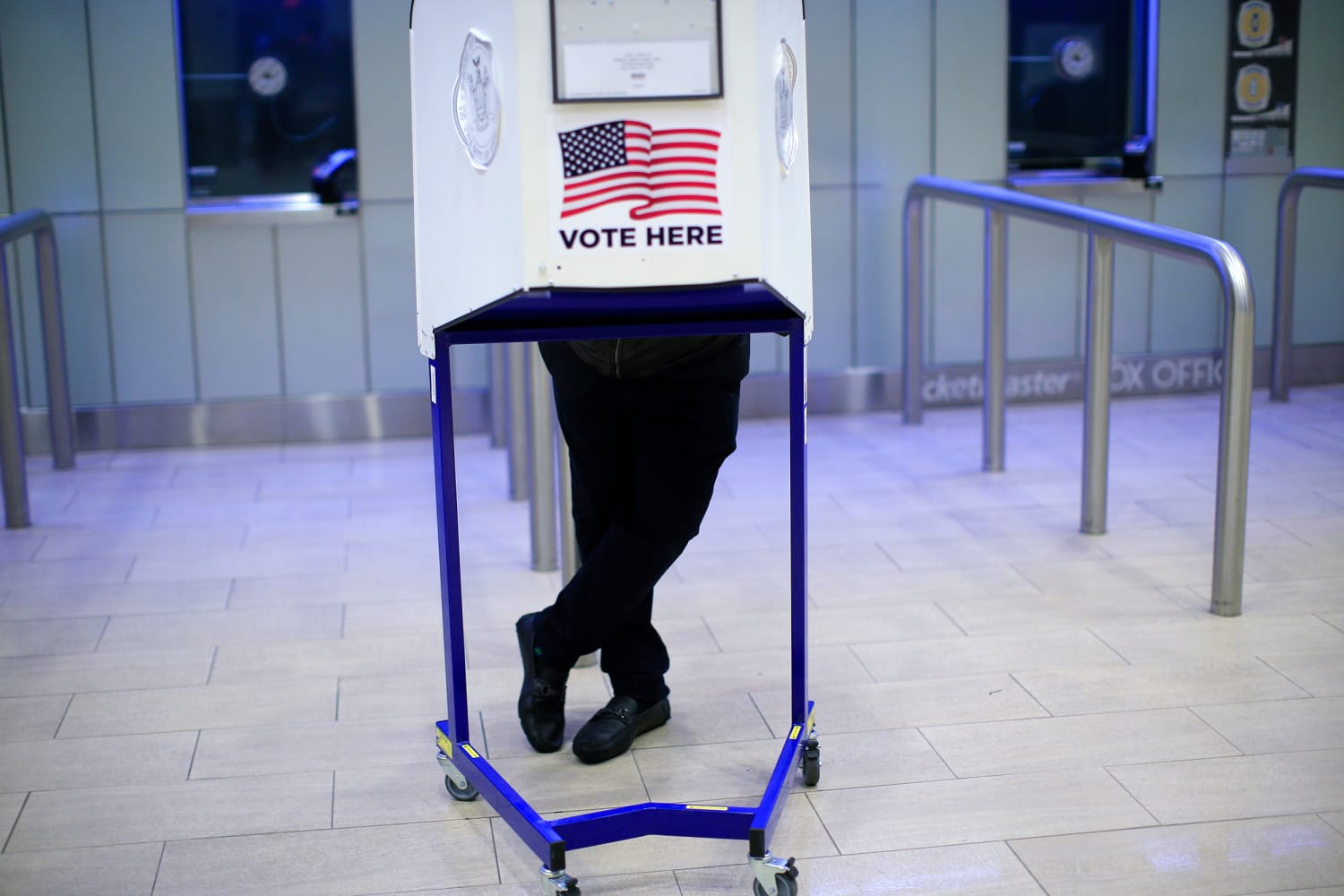A measure delivered Thursday to New York Gov. Andrew Cuomo will restore the voting rights of people on parole.
The bill, passed earlier this year by the state Senate, was approved by the state Assembly on Wednesday. Both chambers have a Democratic majority. The legislation essentially codifies an executive order signed by Cuomo in 2018 that grants conditional pardons to every parolee in the state — an estimated 35,000 — and restores their voting rights.
Once signed, the new law will eliminate the conditional pardon application process and give people on parole the right to vote immediately upon their release from prison. Up to now, anyone convicted of a felony and on parole or probation could not vote unless the right was explicitly restored by the government. Supporters say many formerly incarcerated people don’t register to vote after completing parole because they believe they are ineligible. The bill now requires people on parole to be notified of their right to vote.
“Parole disenfranchisement was designed to prevent Black men from voting. We see the legacy of these laws in the largely Black and Latinx parolee population today,” state assemblyman Danny O’Donnell, a Democrat, said in a tweet after its passage. “We are one step closer to dismantling the vestiges of segregation-era felony disenfranchisement in NY.”
This bill comes amid a national movement — mostly in states led by Democratic lawmakers — to let felons return to the voting booth. It also comes as GOP-led states are enacting mostly restrictive voting laws.
Supporters of the bill noted its potential impact.
“Because of the racial disparities plaguing New York State’s criminal justice system, the prohibition on voting for people on parole has had an enormous impact on Black and Latino New Yorkers, who make up nearly three-quarters of the people on parole in New York State,” said Sean Morales-Doyle, deputy director of the Voting Rights and Elections Program at the Brennan Center for Justice at New York University School of Law, in a statement.
In most states, felons lose their voting rights during their incarceration and for some time afterward. In 11 states, felons lose their vote indefinitely, according to the National Conference of State Legislatures.
Last year, Californians voted to restore voting rights to more than 50,000 people on parole with the passage of Proposition 17. The law change, championed by a group called Initiate Justice as well as a number of formerly incarcerated people, allows reentering citizens to automatically register to vote. Earlier this month, Washington state Gov. Jay Inslee, a Democrat, signed a bill that automatically restores voting rights to people who have been released from prison after committing felonies. And in March, Virginia Gov. Ralph Northam, also a Democrat, signed an executive order taking similar action.
In the past two decades, half of the states have tweaked their laws to expand voting access to people with felony convictions but, as of 2020, 5.2 million Americans remained disenfranchised, according to The Sentencing Project, a Washington, D.C.,-based research and advocacy group.
Source: | This article originally belongs to Nbcnews.com











